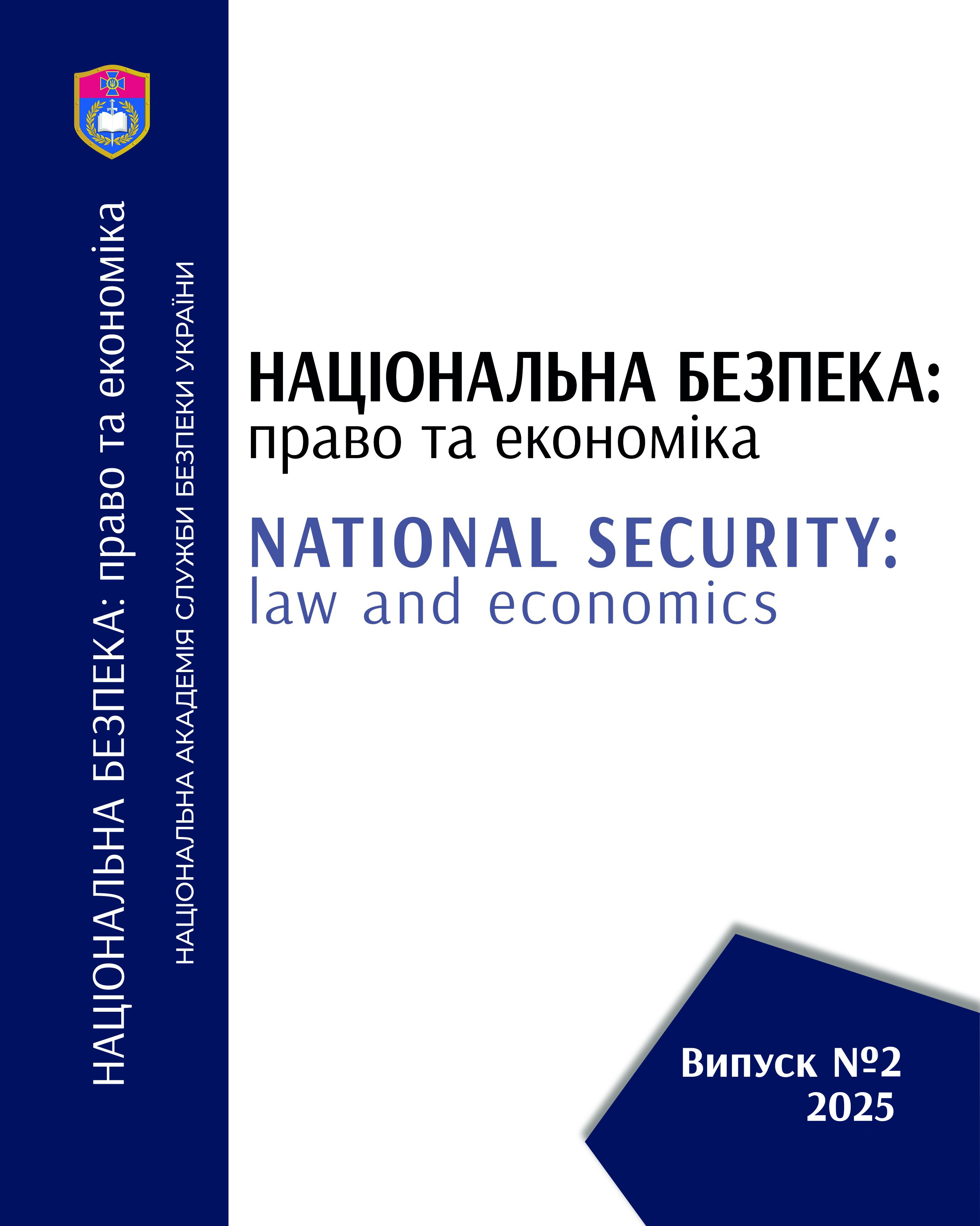THEORETICAL AND APPLIED ASPECTS OF RECOGNIZING KNOWINGLY FALSE INFORMATION IN WRITTEN SPEECH MESSAGES

Published 09/01/2025
Keywords
- verity,
- validity/falsehood,
- truthfulness,
- plausibility,
- credibility
- honest mistake,
- deceptions of feelings,
- distortion of reality,
- deliberate lie,
- objective content of the text,
- anonymous document,
- oral and written speech,
- language tools,
- cognition ...More

This work is licensed under a Creative Commons Attribution 4.0 International License.
Abstract
The article explores both theoretical and practical aspects of recognizing deliberately false information in written speech messages. It examines the nature and essence of concepts such as truth, truthfulness, falsehood, credibility, and deception, analyzing how these elements manifest in written communication. The study highlights the possibility of developing a methodology to identify linguistic behavior that is inconsistent with a given communicative situation. A specific case is presented, demonstrating how linguistic expertise can establish the presence of deliberately false information in a text.
The research emphasizes the challenges faced by law enforcement, legal professionals, and forensic experts in verifying the authenticity of written statements, testimonies, and anonymous documents. The complexity of distinguishing between deliberate deception, honest mistakes, and distortions of reality is discussed, underscoring the need for interdisciplinary approaches that combine linguistic analysis with legal and psychological expertise. The article reviews existing methods for detecting deception and proposes a structured approach to evaluating the adequacy of speech behavior in written texts.
Additionally, the study addresses the implications of false information in legal proceedings, highlighting the role of forensic linguistic analysis in criminal investigations. By identifying inconsistencies, contradictions, and stylistic anomalies in written statements, experts can assess whether a text reflects genuine knowledge or deliberate manipulation. The findings contribute to the broader field of forensic linguistics and legal psychology, offering insights into the mechanisms of deception in written communication.
The author points out the fundamental possibility of creating a method for recognizing the fact of speech behavior that is inadequate to a given communicative situation from a written speech text. An example of one of the implemented materials is given, where it was established at the expert-linguistic level that the text contains knowingly false information (deliberate lies).
References
- Будко Т. В. Теорія та практика дослідження мовленнєвих текстуальних джерел інформації в діяльності СБ України : дис. ... д-ра юрид. наук. Київ, 2007. 449 с.
- Будко В. В. Проблема адекватності наукового пізнання : дис. ... д-ра філософ. наук. Харків, 1991. 322 с.
- Гомон (Будко) Т. В. Судебно-автороведческая экспертиза текстов, составлен-ных с намеренным искажением письмен-ной речи : дис. ... канд. юрид. наук / ВНИИСЭ. М., 1992. 239 с.
- Екман Пол. Теорія брехні... URL: https://ru.scribd.com (дата звернення: 10.12.2025).
- Канторович Я. А. Психология свидетельских показаний. Харьков, 1925. 25 с.
- Коновалова В. О. Правова психологія : навч. посіб. Харків: Консум, 1997. 157 с.
- Литвин (Будко) Т. В. Неідентифікаційні дослідження у судово-лінгвістичній експертизі писемного мовлення. Київ, 1995. 395 с.
- Литвинова Т. А., Середін П. В. Пошук ознак брехні у писемному тексті: сучасні методи та підходи. Підприємництво, господарство і право. 2017. № 2. С. 55–61.
- Медведєва І. Л., Насонова А. В. Використання методів самоспостереження у вивченні особливостей формування лексикону білінгва URL: https://cyberleninka.ru (дата звернення: 10.12.2025).
- Поваренков Ю. П., Черноморець Є. Г. Брехня як об’єкт філософського та психологічного аналізу. URL: http:// vestnik.yspu/org (дата звернення: 10.12.2025).
- Свинцов В. И. Заблуждение, ложь, дезинформация (соотношение понятий и терминов). Философские науки. 1982. № 1. С. 76–84.
- Спіркін О. Г. Філософія : підручник. URL: https://urss.ru (дата звернення: 25.10.2024 р.).
- Український енциклопедичний словник : у 3 т. 2-е вид. Київ : Головна ред. Української Радянської Енциклопедії, 1986. Т. 1. 752 с.
- Філософський енциклопедичний словник. URL: http://irbis-nbuv.gov.ua (дата звернення: 10.12.2025).
- Юридичний словник-довідник / за ред. академіка НАН України Ю. С. Шемшученка. Київ : Феміна, 1996. 695 с.
- Newman M. L., Pennebaker J. W., Berry D. S., Richards J. M. Lying words: Predicting deception from linguistic style. Personality and Social Psycology Bulletin. 2003. № 29. P. 665–675.


